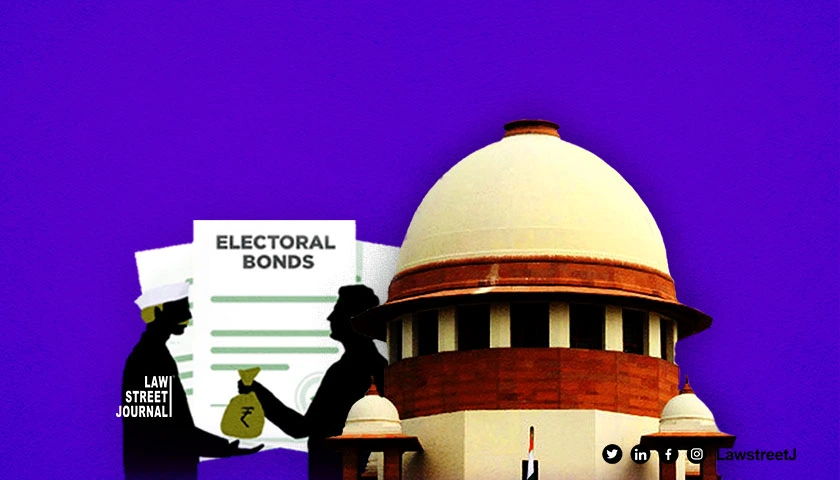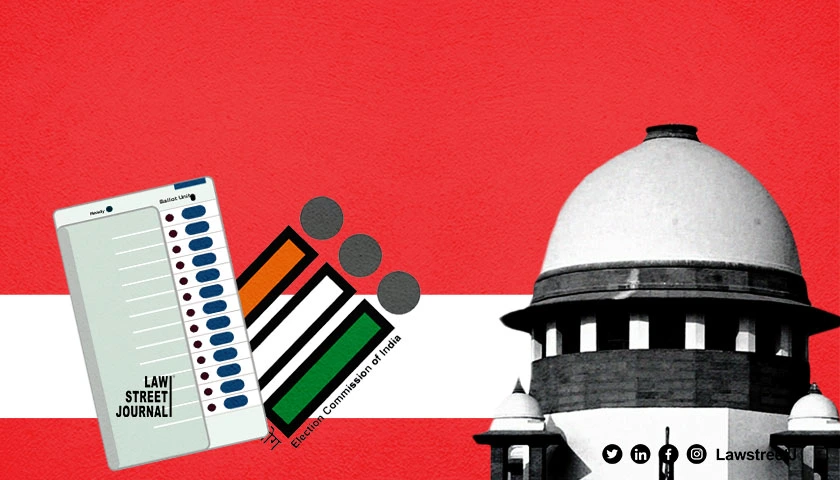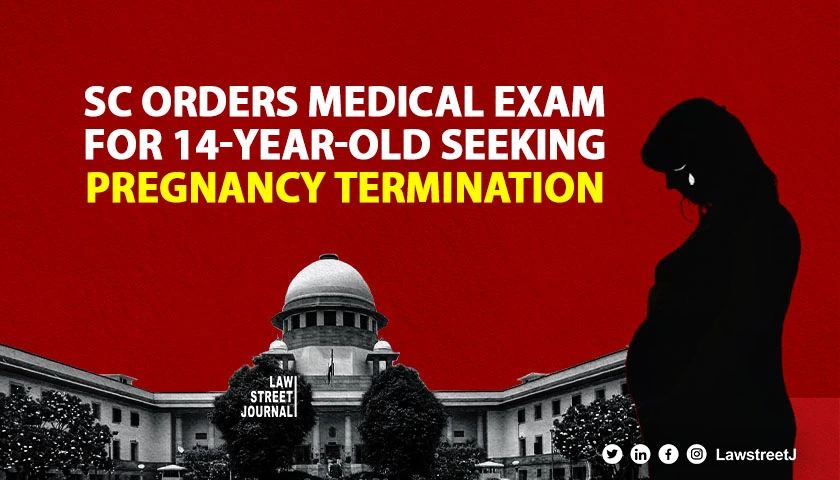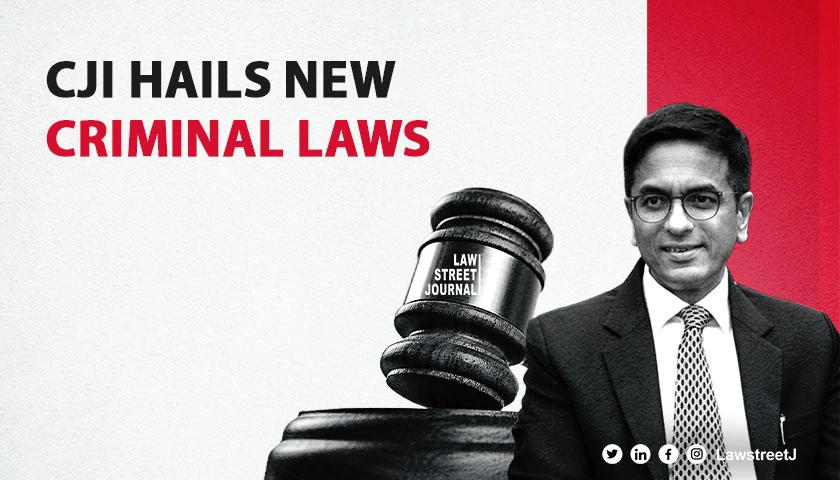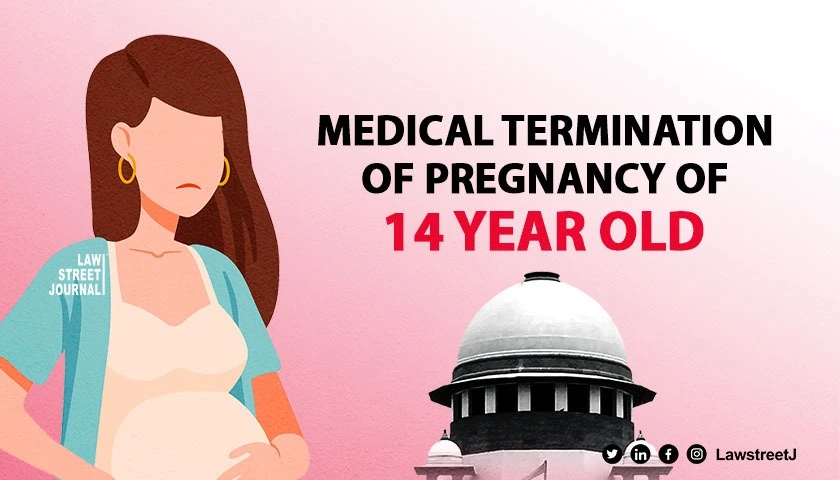A five-member bench of the Supreme Court gave its judgement in a Suo Moto case relating to the expeditious trial of cases relating to dishonoured cheques under Section 138 of the Negotiable Instruments Act, 1881.
The bench which heard the matter included Chief Justice S. A. Bobde along with Justices L. Nageswara Rao, B. R. Gavai, A. S. Bopanna and S. Ravindra Bhat.
In 2016 while considering a matter related to the dishonour of two cheques which were pending before the courts for 16 years, a two-member bench of the Supreme Court felt the need to enquire into the large number of cases filed under Section 138 of the Negotiable Instruments Act, 1881 pending at various levels of the judiciary. The Suo Moto writ petition was filed as a follow-up this observation of the court and the court appointed Senior Advocate Sidharth Luthra as the Amicus Curiae and Advocate K. Parameshwar was asked to assist him. Notices were issued to the Union of India, Registrar Generals of the High Courts, Director Generals of Police of the States and Union Territories, Member Secretary of the National Legal Services Authority, Reserve Bank of India and Indian Banks’ Association, Mumbai as the representative of banking institutions.
The Chapter XVII of the Negotiable Instruments Act, 1881 containing sections 138 to 142 lays down the provisions related to the offence of dishonour of cheques. Dishonour of cheques for insufficiency of funds was made punishable with imprisonment for a term of one year or with a fine which may extend to twice the amount of the cheque as per Section 138. Other sections relate to the presumption in favour of the holder of the cheque (Section 139), defence available to accused (Section 140), offences by companies (Section 141) and cognizance of offence (Section 142). Despite the insertion of the above provisions in 1989 there was high pendency in the case of Section 138 cases and in 2002 the act was further amended and additional provisions were inserted in Sections 143 to 147.
In October 2020 the Amicus Curiae submitted his preliminary report and the court commenced the hearing on the matter. The report showed that as of 31 December 2019, the total number of criminal cases pending was 2.31 crores, out of which 35.16 lakh pertained to Section 138 of the Act. Seven major issues were identified by the Amicus Curiae as the reasons for the high pendency from the responses filed by the State Governments and Union Territories. These reasons involve issues in: service of summons; a statutory amendment to Section 219 of the Code of Criminal Procedure, 1973; summary trials; attachment of bank accounts; the applicability of Section 202 of the Code of Criminal Procedure, 1973; mediation; the inherent jurisdiction of the Magistrate.
The court deliberated on each of these issues and referred to additional matters also. The Bench considered the issue of mechanical conversion of summary trial to summons trial which is often resorted to by the trial courts without noting down sufficient reasons. The court directed that High Courts may issue practice directions to the Magistrates to record reasons before converting trial of complaints under Section 138 from summary trial to summons trial in the exercise of power under the second proviso to Section 143 of the Act.
The Supreme Court also considered divergence of opinion amongst the High Court’s relating to the applicability of Section 202 (postponement of issue of the process by Magistrate) of the Code of Criminal Procedure, 1973 in respect of complaints filed under Section 138 of the Act. On the issue, the court held that Section 145 of the Negotiable Instruments Act, 1881 permits the complainant to be examined by way of an affidavit for inquiry under Section 202.
The bench also approved the suggestion of the Amicus Curiae that a legislative amendment is required to Section 219 of the Code of Criminal Procedure, 1973 to avoid multiplicity of proceedings where cheques have been issued for the same purpose.
Further, the Supreme Court considered it appropriate to form a Committee with Justice R.C. Chavan, former Judge of the Bombay High Court, as the Chairman to consider various suggestions that are made for arresting the explosion of the judicial docketby complaints under Section 138 of the Negotiable Instruments Act, 1881.
![SC Gives Judgement in Suo Moto Case for Expeditious Trial of Cases Under Section 138 OF N.I. Act 1881 [READ ORDER]](/secure/uploads/2021/04/lj_3106_supreme.jpg)
